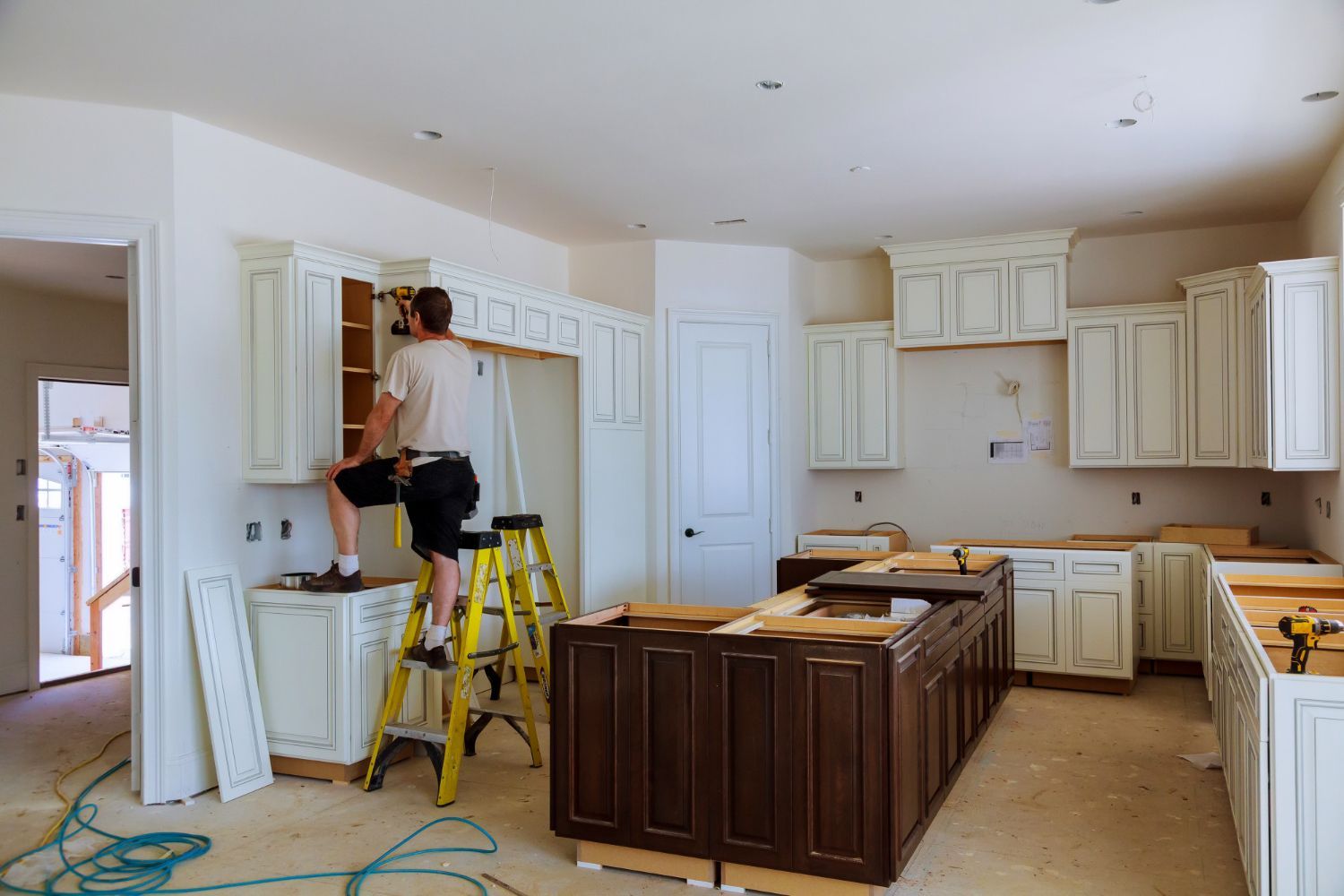PROPERTY DEVELOPMENT… THE RISE OF SUB-DIVISION.
With high price tags on many Australian properties, more and more people are cashing in on real estate assets and turning to subdivision.
Faced with perhaps an ageing home on a decent parcel of land or a growing family to accommodate, the decision is whether to sell up and move, knock down and rebuild or knock down and subdivide to create a duplex.
For duplexes on separate titles, the owner may sell both for a profit or sell just one duplex and remain living in the other.
Are you renovating, profit-making or running a ‘flipping’ business?
While some homeowners wish to simply upgrade or rebuild their home at their existing address, others turn property development into an income generator.
The Australian Taxation Office1 has clear guidelines for those dealing in property.
For instance, you are required to register for GST if:
- turnover from your property transactions (and other transactions) is more than the $75,000 GST registration threshold, and
- your activities are regarded as carrying on an enterprise.
You will need an ABN if you are required to register for GST.
Generally, if you only receive residential rent, you won’t be required to register for GST2.
Did you know? A one-off transaction can still be considered to be an enterprise.
Your activities may be regarded as an enterprise if, for example, you buy vacant land to subdivide with the intention to sell for profit or you develop new residential premises and sell them.
You are not carrying on an enterprise if your property transactions are for private purposes, such as constructing or selling your family home.
There are also capital gains tax implications for land subdivision.
The Australian Taxation Office has information online to help guide you through the rules and regulations. It’s important to seek advice from the ATO and/or your accountant.
Developing a block of land may seem like a great way to build wealth but the reality is there are many processes, regulations and finance arrangements to work through.
For instance, the number of units or townhouses to be built on a block of land affects the type of finance you may be able to obtain. This is particularly so if your intention is to subdivide and/or build more than two properties.
So while some keen Australians are supplementing their day jobs with renovating (or rebuilding) for profit to build wealth, it is not without its risks.
As with all real estate decisions, location is a key factor. As is land size, street position, shape of the plot, local council development controls, amount of capital required and quality of the builder.
For first time aspiring developers, hiring professional project managers makes good sense to reduce first time developers’ costly mistakes.
For other developers with a number of projects under their belts, adhering to the numerous council, zoning, tax and record keeping rules and requirements, good industry connections and a strong auction or sales campaign will determine the success of their projects. Finance to suit your development strategy.
We have access to many lenders and products outside the big 4 who specialise in construction and development lending.
Sources and links
- Australian Taxation Office, Small business Newsroom, Do you deal in property?
- Australian Taxation Office, Property and registering for GST
Disclaimer: This article provides general information only and has been prepared without taking into account your objectives, financial situation or needs. We recommend that you consider whether it is appropriate for your circumstances and your full financial situation will need to be reviewed prior to acceptance of any offer or product. It does not constitute legal, tax or financial advice and you should always seek professional advice in relation to your individual circumstances. Subject to lenders terms and conditions, fees and charges and eligibility criteria apply. © 2019



